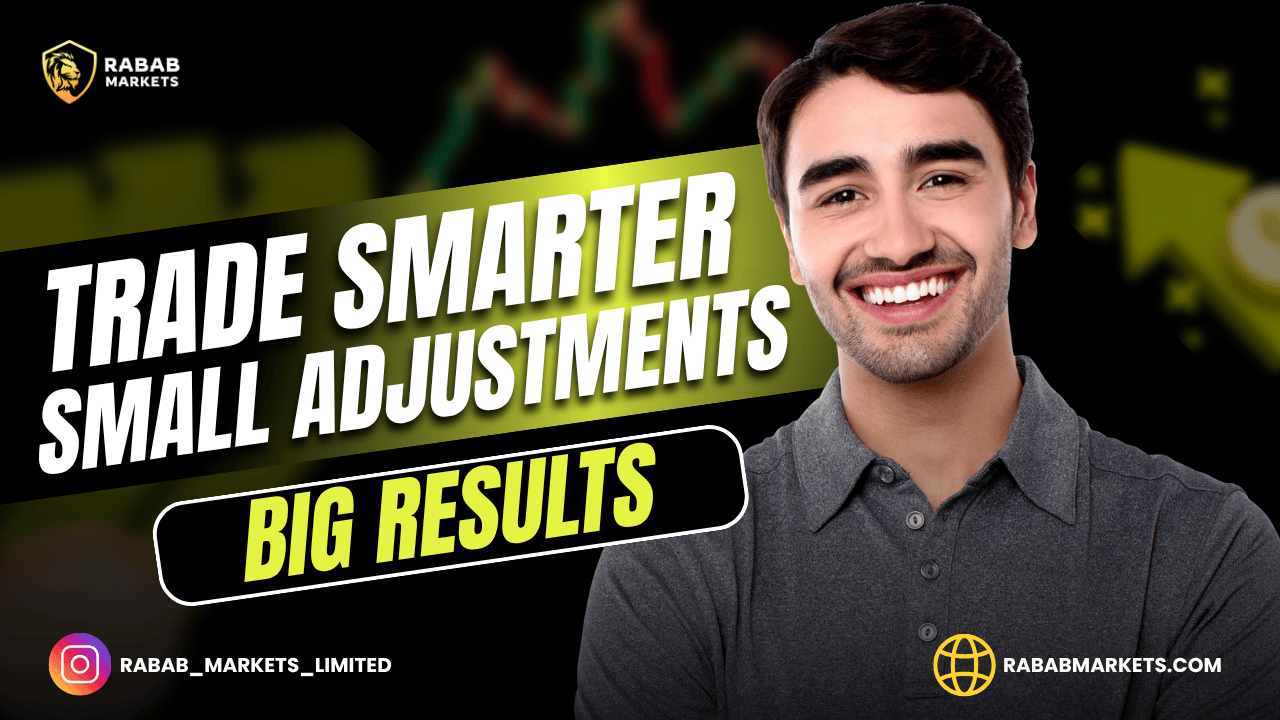
Forex vs. Stock Trading: Which One is Right for You?

At Rabab Markets, we understand that choosing the right type of trading can be a game-changer for your financial journey. Whether you’re new to the world of trading or an experienced investor, it’s essential to understand the key differences between Forex (Foreign Exchange) trading and Stock trading. Each market offers unique advantages and challenges, but the choice largely depends on your trading style, goals, and risk tolerance.
What is Forex Trading?
Forex trading involves the buying and selling of currencies in the global marketplace. It’s the largest and most liquid financial market in the world, with an average daily trading volume exceeding $6 trillion. Forex markets are open 24 hours a day, five days a week, which means you can trade anytime, anywhere. This flexibility is perfect for individuals who want to take advantage of global economic news and events.
What is Stock Trading?
Stock trading, on the other hand, involves buying and selling shares of companies on stock exchanges. When you buy stock, you own a piece of that company. The stock market is typically open for specific hours, usually between 9:30 AM and 4:00 PM (EST) on weekdays. While stock trading offers the potential for long-term growth and dividends, it can be more volatile in the short term.
Key Differences Between Forex and Stock Trading
- Market Hours:
- Forex: Open 24/5, allowing traders to act on market news and events in real-time.
- Stock: Limited to market hours of specific exchanges, such as the NYSE or NASDAQ.
- Liquidity:
- Forex: High liquidity, making it easier to enter and exit positions.
- Stock: Liquidity can vary depending on the stock, especially with smaller companies.
- Leverage:
- Forex: Offers higher leverage (up to 50:1 or more) compared to stock trading, enabling the potential for greater returns with less capital.
- Stock: Leverage is typically lower, and some markets restrict margin trading.
- Volatility:
- Forex: Can be more volatile in the short term due to global economic factors, making it a popular choice for day traders and scalpers.
- Stock: Stock prices can be volatile, especially with individual stocks or during earnings seasons.
- Diversification:
- Forex: Traders can diversify by trading currency pairs from various countries and regions.
- Stock: Diversification can be achieved by investing in different sectors, industries, or geographical regions.
Which is Right for You?
Choosing between Forex and Stock trading depends on your personal preferences and trading goals:
- If you prefer flexibility and want to trade at any time: Forex trading could be the perfect fit for you.
- If you are looking for long-term growth and stability: Stock trading may be more suited to your strategy.
At Rabab Markets, we offer a comprehensive platform to help you explore both markets. Whether you choose Forex or Stock trading, our tools, resources, and expert support will help you navigate the markets confidently.
Ready to start your trading journey? Visit rababmarkets.com and open your account today!
Key Takeaways:
- Forex trading offers 24/5 accessibility, higher liquidity, and more leverage options.
- Stock trading can be a great choice for long-term investors looking for stability and growth.
- Rabab Markets provides the tools and resources for both markets, ensuring a smooth trading experience.


